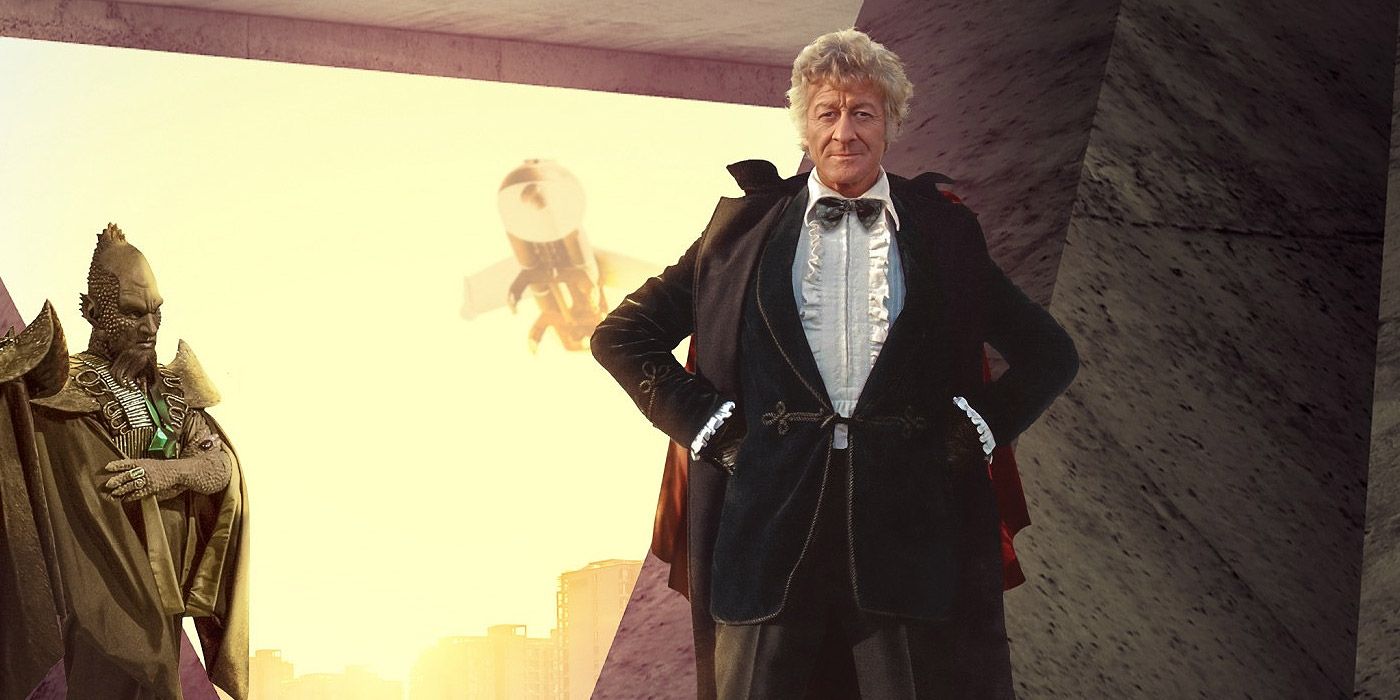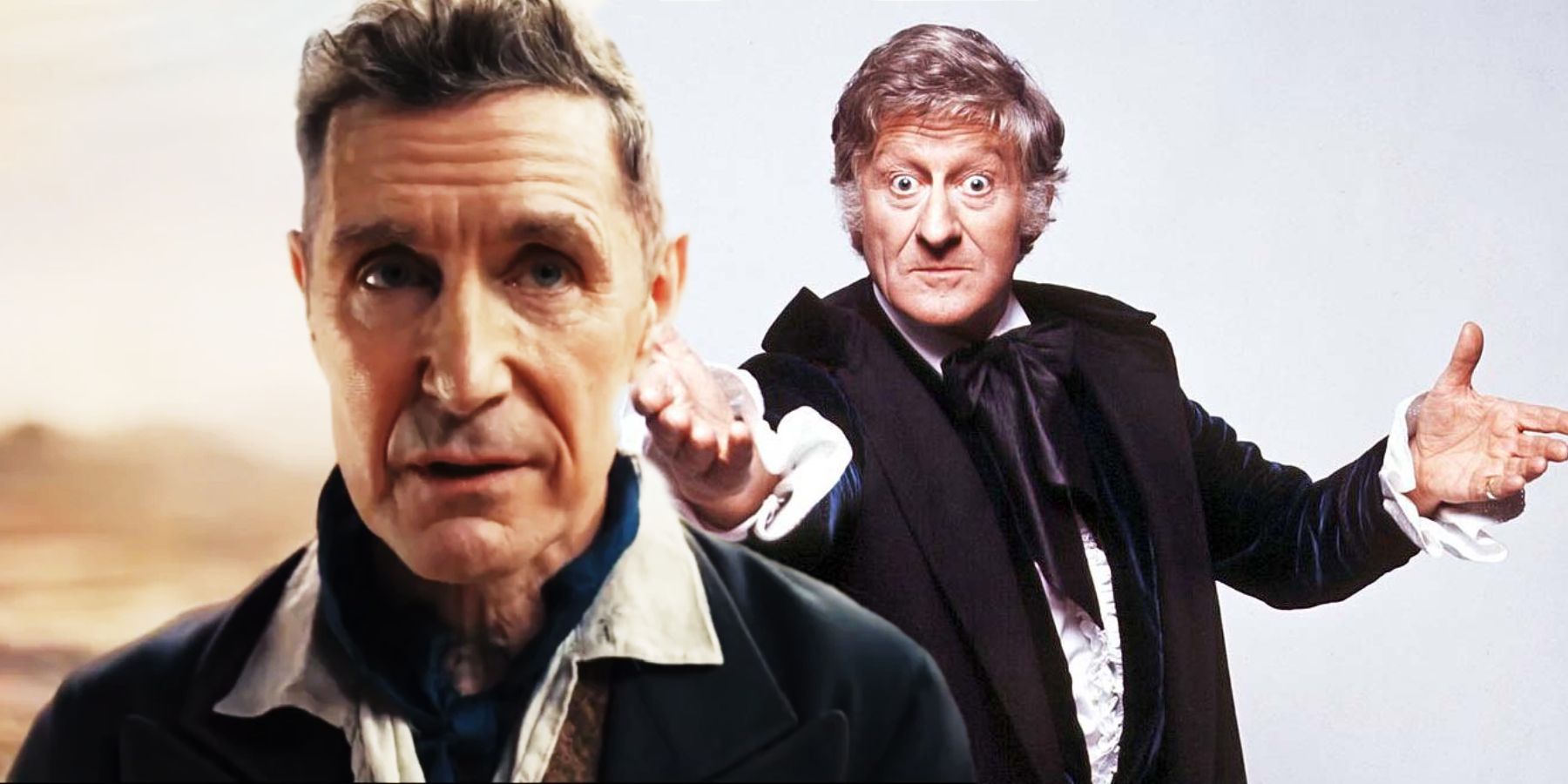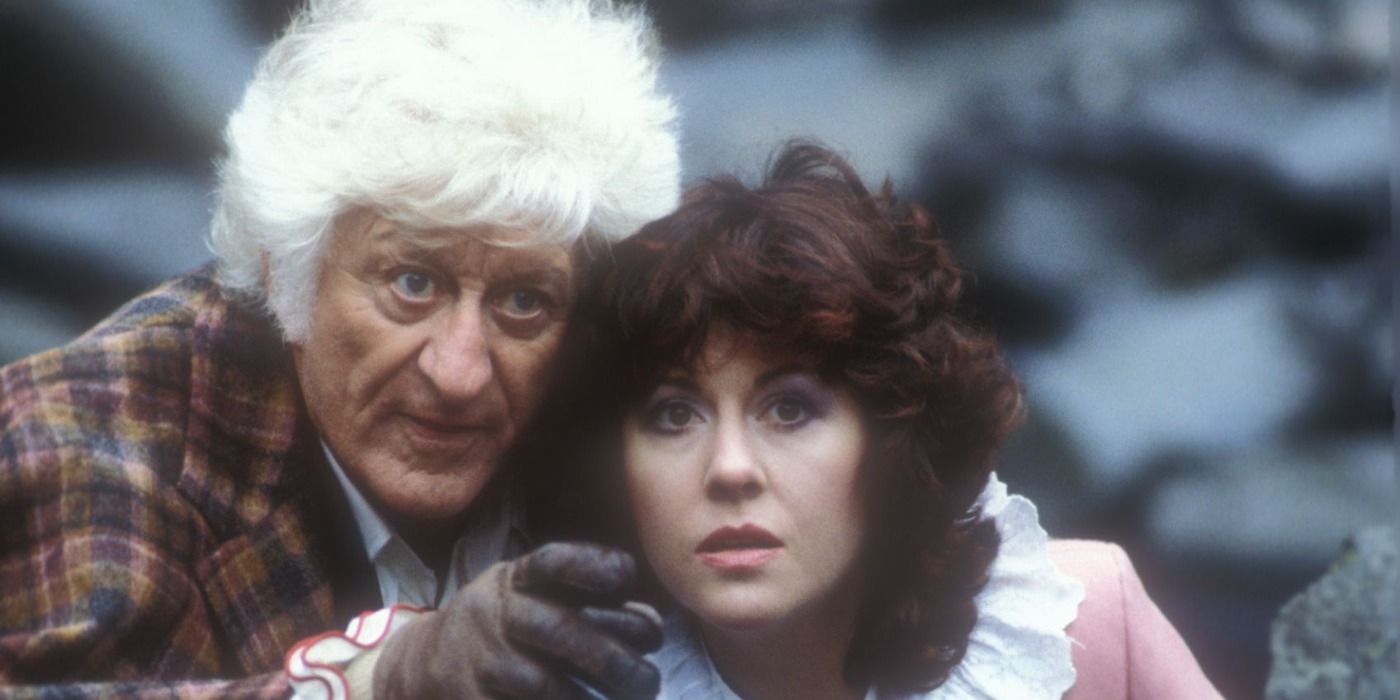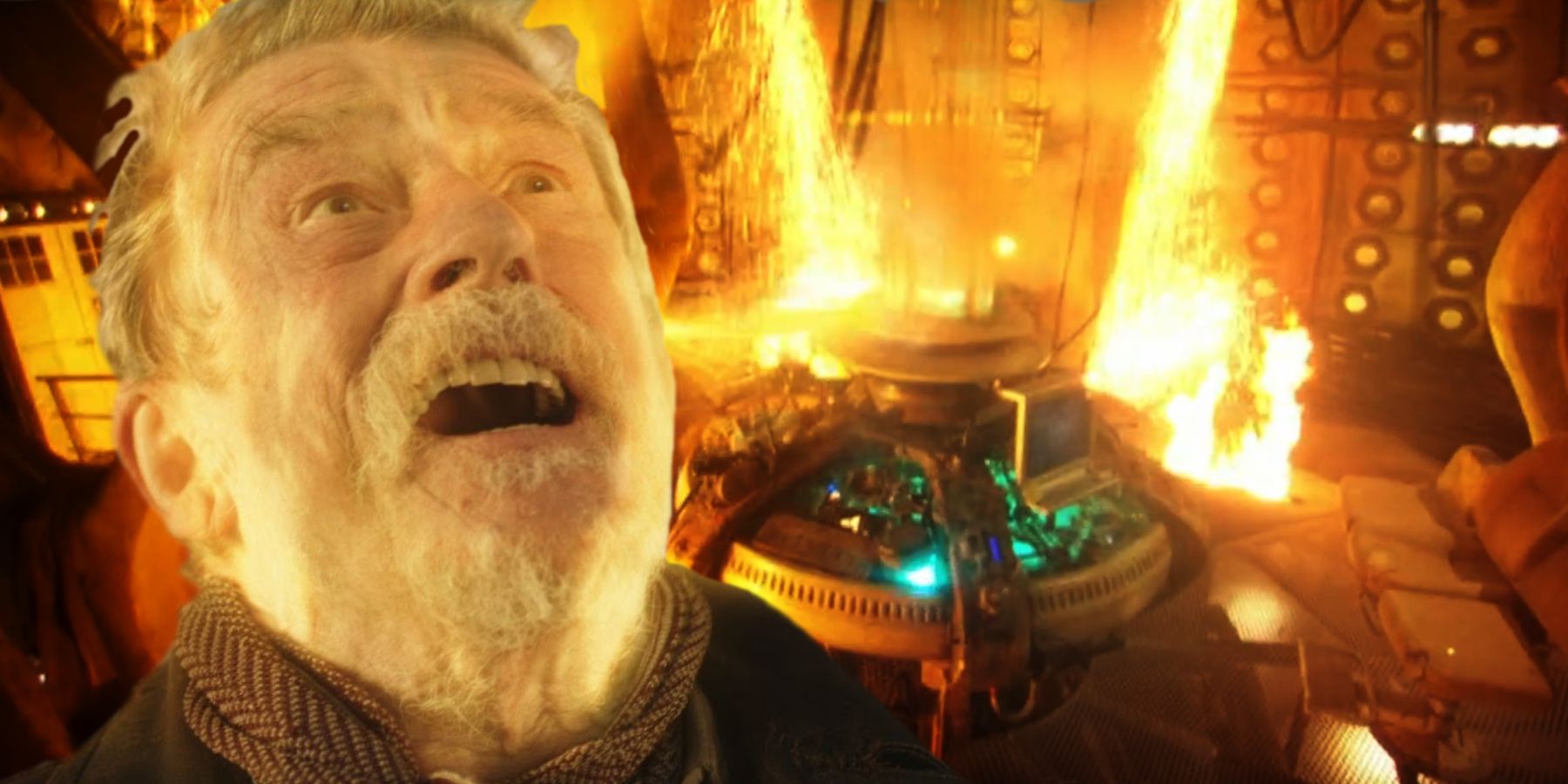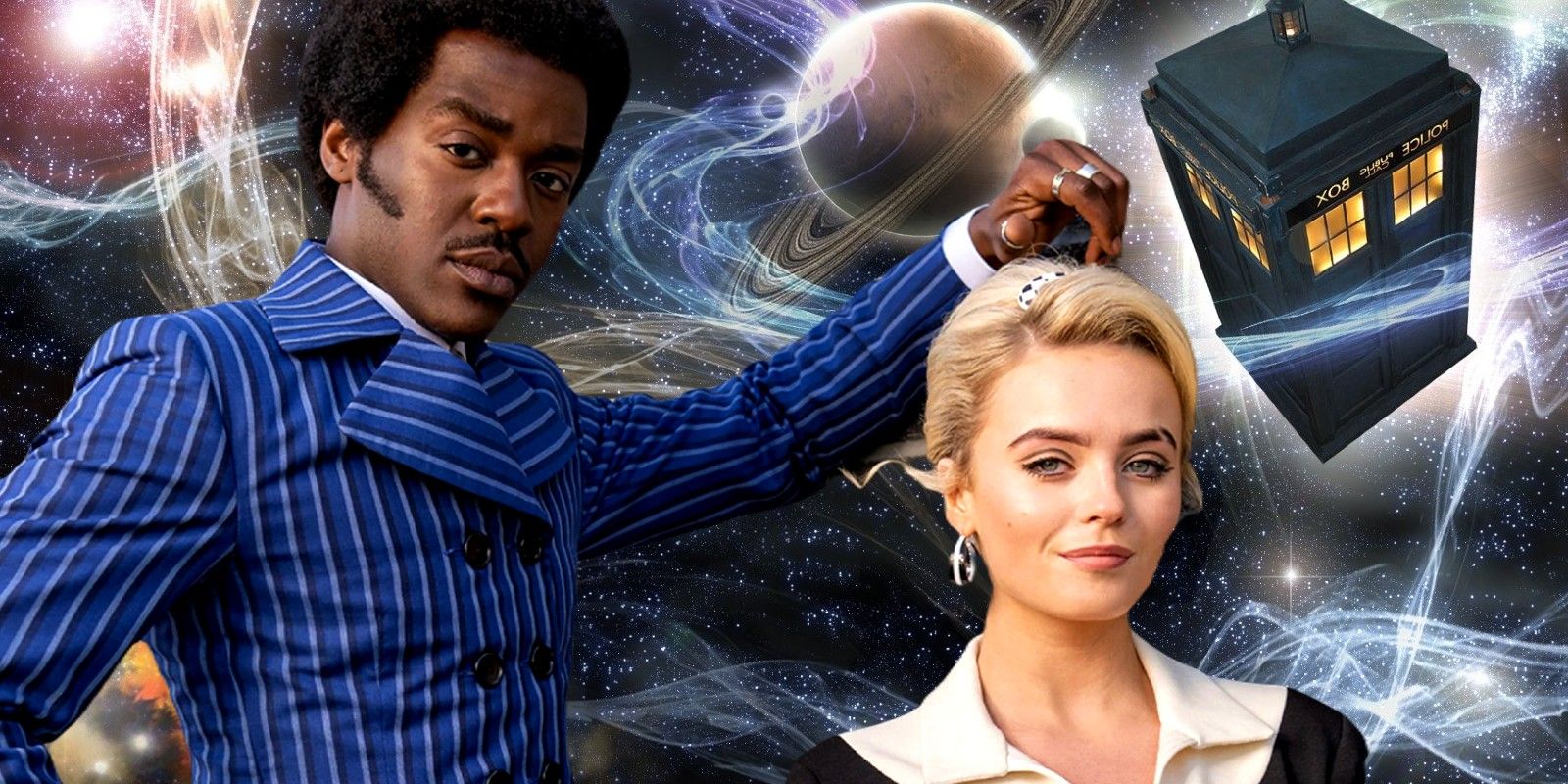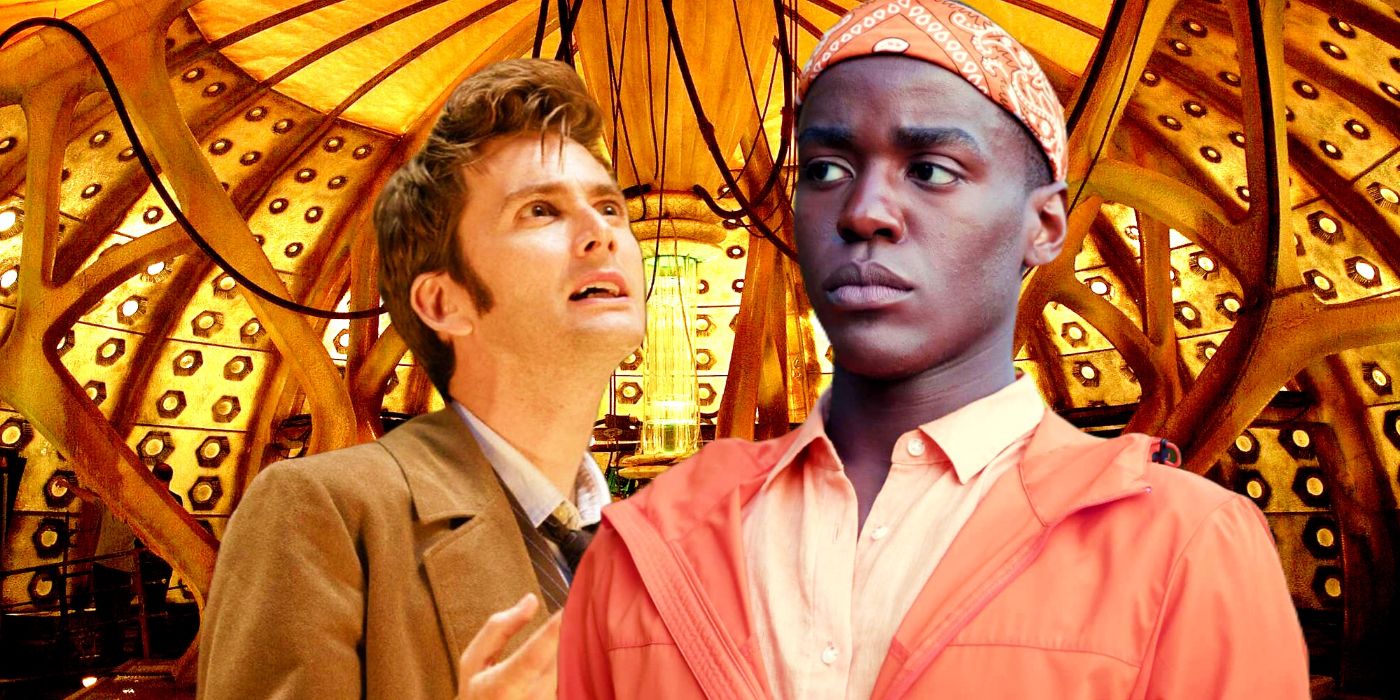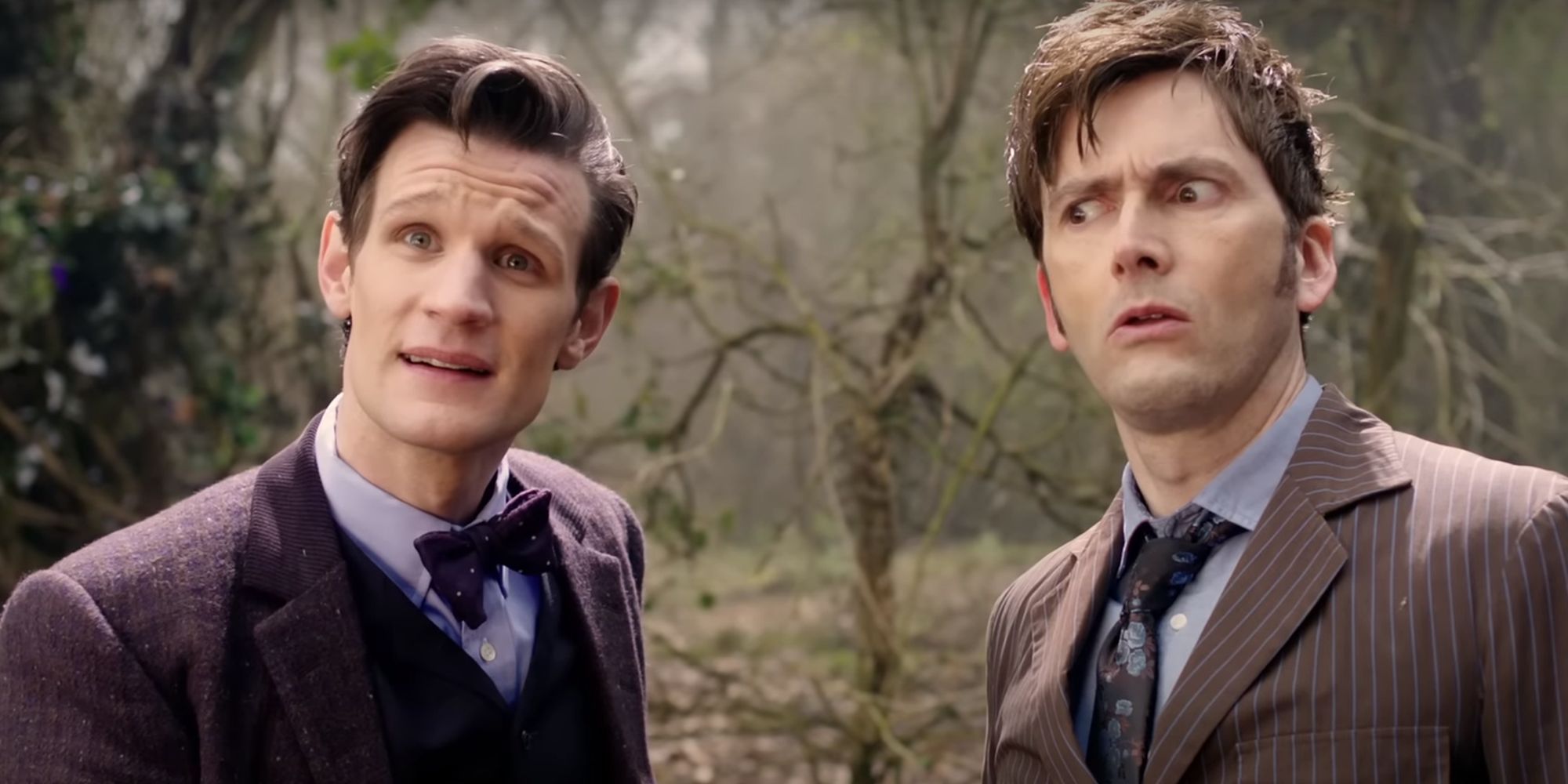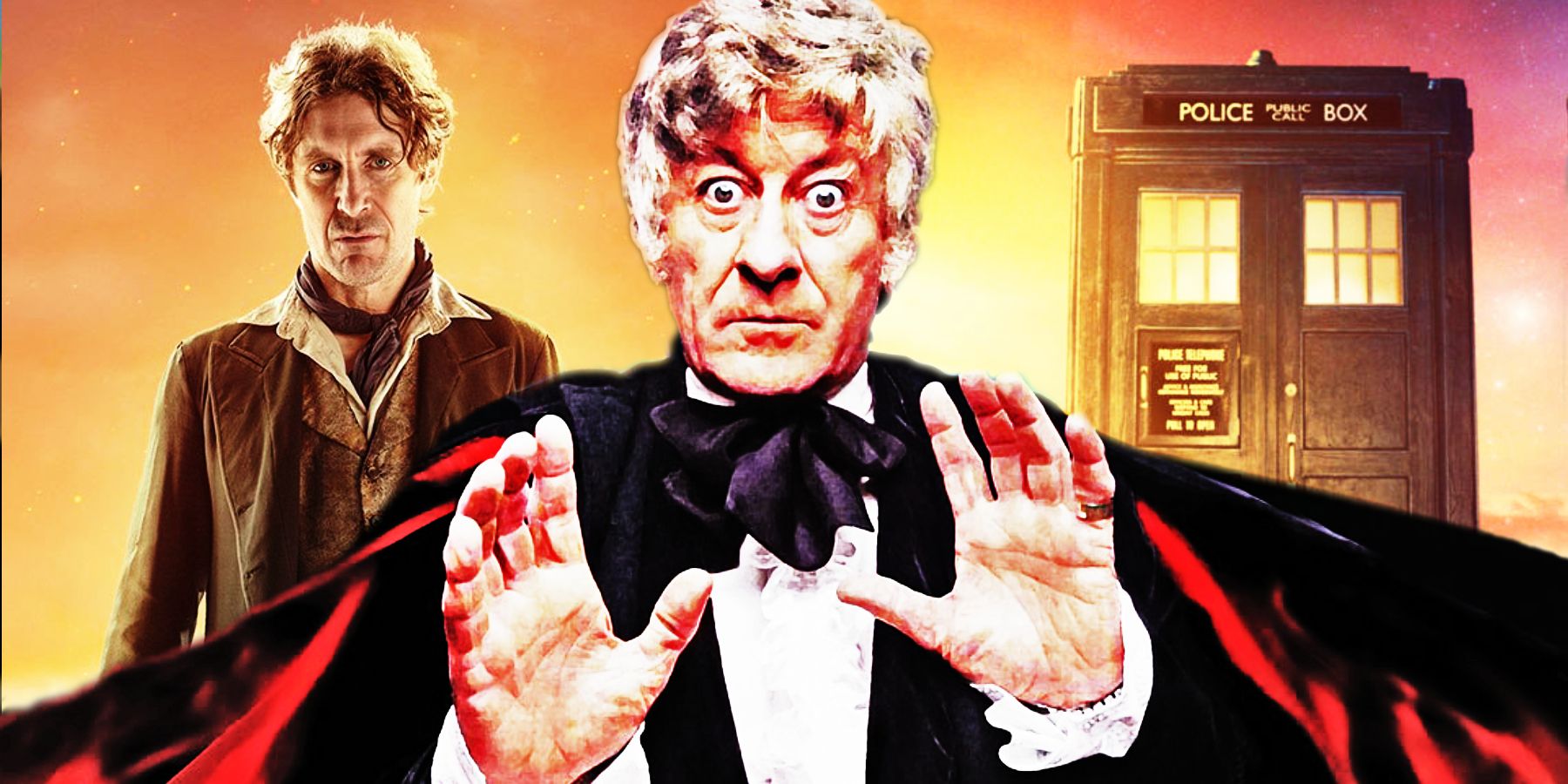
How Jon Pertwee Revived Doctor Who in the 1990s and Rescued the Franchise

Jon Pertwee's secret 1990s Doctor Who return revitalized the franchise, rescuing it from a bleak future Discover how Pertwee's comeback transformed the show for the better
Summary
Jon Pertwee's return to Doctor Who in the 1990s saved the franchise by paving the way for future stories and expanding the show's legacy.
The radio drama "The Paradise of Death" featuring the Third Doctor provided an opportunity for Doctor Who to delve into past eras and enhance the character development of the classic Doctors. Pertwee's radio plays successfully demonstrated that audio could be utilized as a means to keep Doctor Who thriving and maintain the narrative even in the face of other unsuccessful avenues.
Jon Pertwee's return to Doctor Who in the 1990s saved the entire franchise by setting the stage for its future. After the show was cancelled in 1989, Doctor Who celebrated its 30th anniversary in 1993, but in a reduced state. Fans were left disappointed when a planned anniversary movie was abandoned. The charity sketch Dimensions in Time, which featured a comedic crossover with the BBC's soap opera Eastenders, did little to satisfy Doctor Who fans who were hoping for a more significant celebration.
However, 1993 had more to offer Doctor Who fans. BBC Radio 5 aired a new five-part serial called The Paradise of Death, starring the Third Doctor (Jon Pertwee) and Sarah Jane Smith (Elisabeth Sladen). This audio drama, written by 1970s producer Barry Letts, was the third piece of radio drama for Doctor Who. It was also the first to feature a Doctor other than the current one. This shift allowed Doctor Who's expanded media to explore new Doctors and tell new stories, solidifying the show's legacy during a crucial moment.
Jon Pertwee's 1993 Doctor Who Comeback Explained
Broadcasted over a span of five weeks, from August 27 to September 24, The Paradise of Death faithfully recreated Doctor Who's UNIT era. It showcased the Third Doctor and Sarah aiding the Brigadier (Nicholas Courtney) in investigating a mysterious death at the Space World theme park. Unsurprisingly, Space World turned out to be a front for a race of aliens seeking to negotiate a trade agreement with the UK government. The agreement involved a versatile plant called the rapine, which required all life on Earth to be converted into fertilizer.
In this aspect, Paradise shares similarities with the classic Pertwee serial, The Claws of Axos, where the Axons promised humanity a miraculous solution to the energy crisis. As a result, it serves as a nostalgic tribute to the beloved era of Doctor Who with Jon Pertwee. The success of the serial prompted the commissioning of a second story, The Ghosts of N-Space, which aired a few months prior to Jon Pertwee's passing in May 1996. At that time, the Paul McGann TV Movie was on the horizon, but its failure to generate a successful pilot led Doctor Who fans to turn to the Pertwee radio plays as a potential means of continuing the show.
Pertwee's Return Confirmed Doctor Who's Sad 90s Fate - But Secured Its Future
The BBC had always desired Tom Baker's return to Doctor Who but struggled to find a successful approach. Because of the immense popularity of Jon Pertwee's Doctor Who era, it seemed fitting to commission a new adventure featuring the Third Doctor, especially considering Pertwee's earlier career in radio comedy. The decision to revive either Tom Baker or Jon Pertwee, rather than Sylvester McCoy, suggested that the BBC believed Doctor Who's prime days were in the past. However, instead of dwelling in nostalgia and potentially killing the show, the Jon Pertwee radio plays offered a pathway for the franchise to move forward.
Following The Paradise of Death, Virgin Publishing started producing new stories featuring the first six Doctors as part of their Missing Adventures collection. Two years after Pertwee's passing, Big Finish was established and began releasing full-cast audio adventures for the Doctors from the 1980s in 1999. The success of The Paradise of Death demonstrated that audio format had the potential to create entirely new eras for Doctor Who, and Big Finish eagerly embraced this possibility. In 2001, they even ventured into producing adventures for Paul McGann, the closest the series would come to having an ongoing live-action Eighth Doctor series.
Why Jon Pertwee's 1990s Comeback Changed Doctor Who For The Better
Prior to The Paradise of Death, previous incarnations of Doctor Who only made appearances in multi-Doctor adventures alongside the current incarnation. However, Jon Pertwee's return in 1993, alongside Lis Sladen and Nick Courtney, demonstrated that it was possible to recreate past eras of Doctor Who. Despite the noticeable aging of their voices, effective sound design and a compelling script made it much easier to overlook this fact in audio format rather than on-screen. Jon Pertwee's revival of the Third Doctor on the radio paved the way for Doctor Who to delve into earlier periods and bring new dimensions to beloved Doctors.
Had it not been for The Paradise of Death, fans may have missed out on the remarkable performances delivered by the unfairly criticized Sixth Doctor actor, Colin Baker, in audio productions. Pertwee's radio plays in 1993 and 1996 showcased the potential of audio as a medium through which to continue the Doctor Who narrative by revisiting past eras. Thanks to Pertwee, radio broadcasts and commercially available audio dramas sustained the Doctor Who universe when all seemed lost after the abandoned Dark Dimension movie and the unsuccessful Paul McGann pilot.
